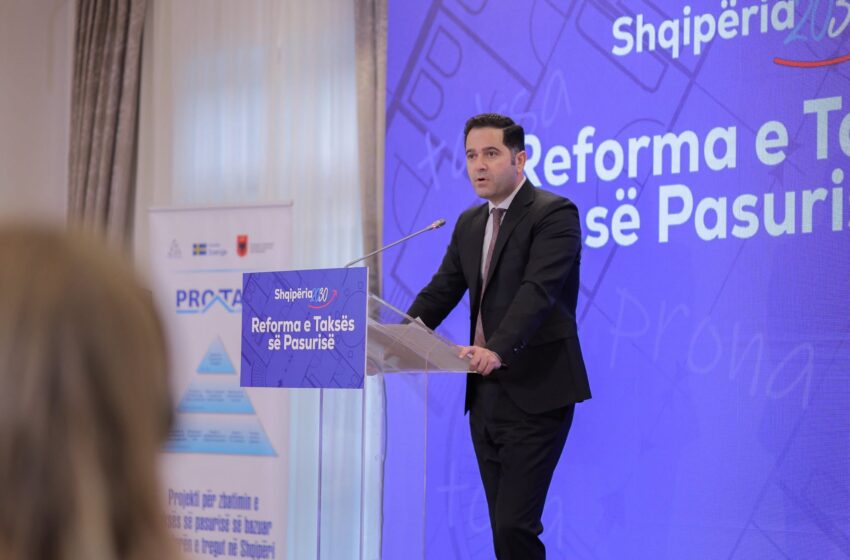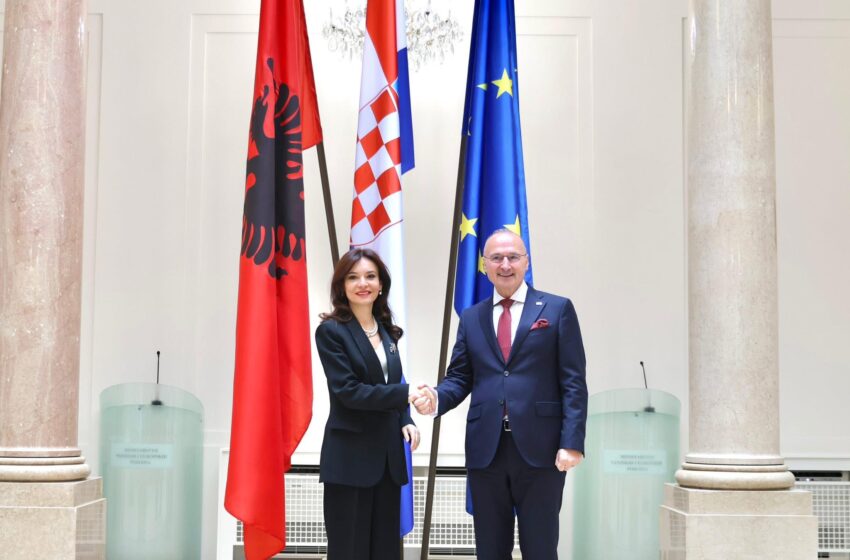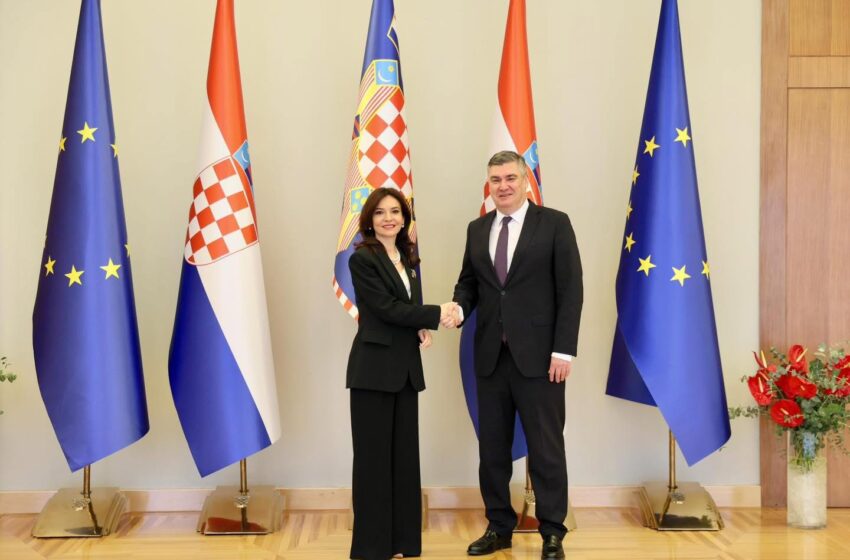Supermarkets boycotted in protest in Western Balkans countries

A growing movement has taken root across parts of the Western Balkans, as citizens in several countries have initiated boycotts of major supermarket chains. The initiative was first launched in Croatia on January 24 and resulted in a drop of more than 50% in sales across the country. Croatians launched a similar action on January 30 that is expected to last for a week. Calls for similar boycotts – mainly on social media – were also made in other Western Balkan countries. They received positive responses in Serbia, North Macedonia, Montenegro, Bosnia and Herzegovina, and Slovenia.
Why is this important: This wave of protest has been driven by a combination of economic, political, and social factors, with consumers voicing their frustrations about rising prices, inflation, and the dominance of large retail corporations over local markets.
Context: The movement is fueled by the perception that large retailers in the region are exploiting local consumers by charging higher prices compared to other European countries for similar goods. Activists argue that these supermarkets are inflating prices under the guise of market conditions while ignoring the purchasing power of average consumers in the Balkans. In turn, many people have started to demand more transparent pricing and better regulation of these retail giants.
In response to the growing discontent, several supermarket chains have issued statements defending their pricing policies. They argue that the higher costs reflect logistical challenges, including transportation and import taxes, which are more pronounced in the Western Balkans due to the region’s geography and economic structure.
Despite these reassurances, the boycott continues to gain momentum. Social media have played a critical role in amplifying the voices of those calling for change, and protests outside supermarket chains have become more frequent. The movement has also been supported by a number of government representatives. Prime Minister Milojko Spajić was one of the first to endorse this movement in Montenegro. The Prime Minister of North Macedonia, Hristijan Mickoski, warned on January 29 of strict controls and sanctions for supermarkets that violate the Law on Product Prices.


